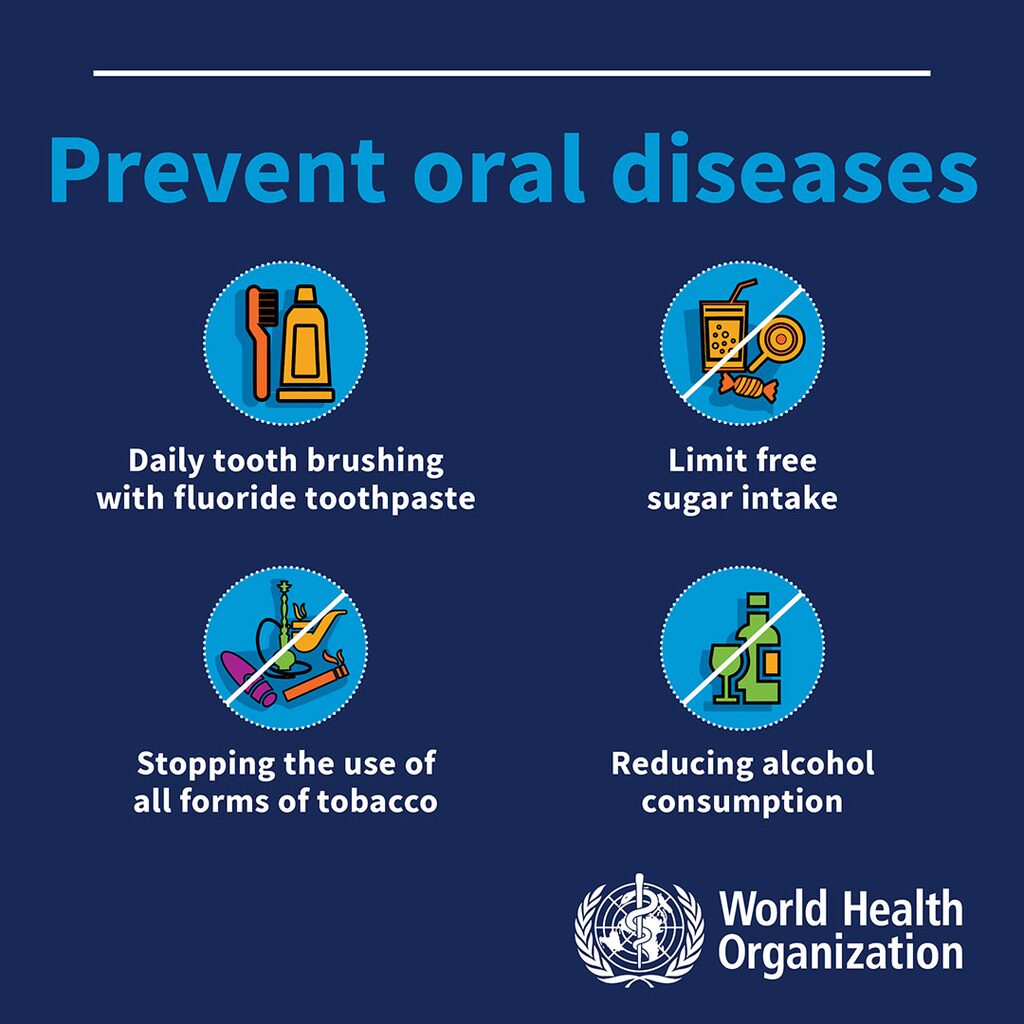The Importance of Oral Health
Your oral health not only affects your mouth, teeth, and gums. It affects what foods you can eat, how you breath, and how you speak to other people.

Your oral health not only affects your mouth, teeth, and gums. It affects what foods you can eat, how you breath, and how you speak to other people.


Gum disease, tooth decay, oral cancer, and complete tooth loss are problems that can be prevented and treated if caught early. Regular visits to your dentist are critical.
There are many things you can do to improve the health of your mouth and prevent oral disease. Most of these things we can do easily at home. Regular cleanings and x-rays can help catch these issues early.

Preventive dentistry services may include:
Your dental plan may cover you fully for preventive care, depending on the type of dental plan you have.
As soon as a child gets their first tooth, preventive dental care can begin. Preventive dentistry for kids can help identify problems early on in your child’s life before dental problems become worse and often more costly.
Services typically include the following:
Before scheduling a dental visit, review the details of your dental plan so you know what’s covered and when.
Regular preventive dental exams provide the following benefits to your oral health:
Preventive dental care is an important part of whole person health, so many dental plans cover it. When you’re choosing a dental plan, look for information related to coverage for diagnostic and preventive services. Make sure you understand the limits and frequencies for preventive care such as: